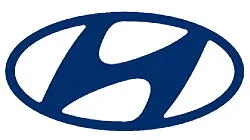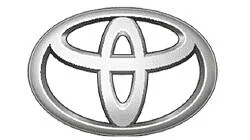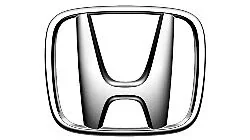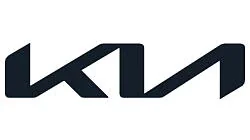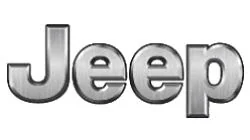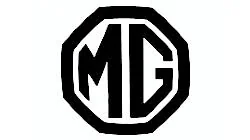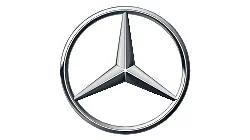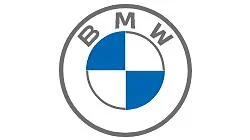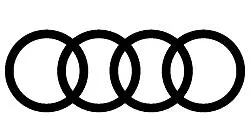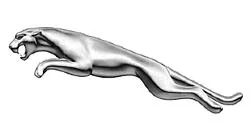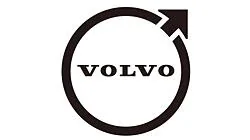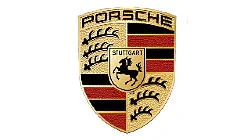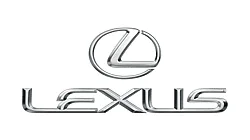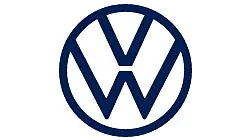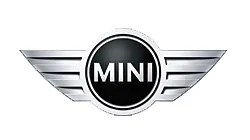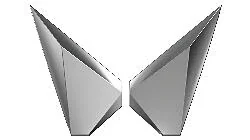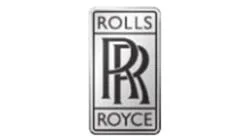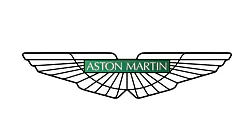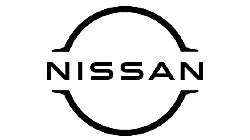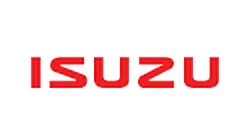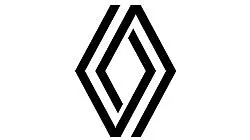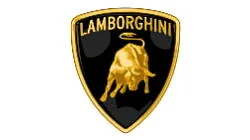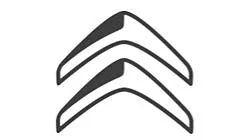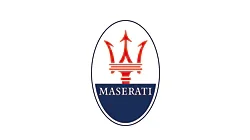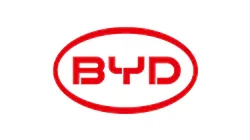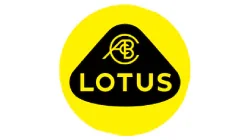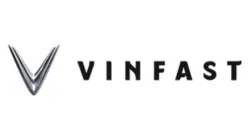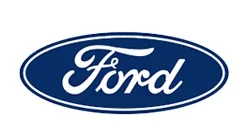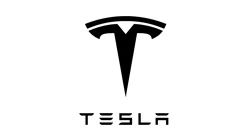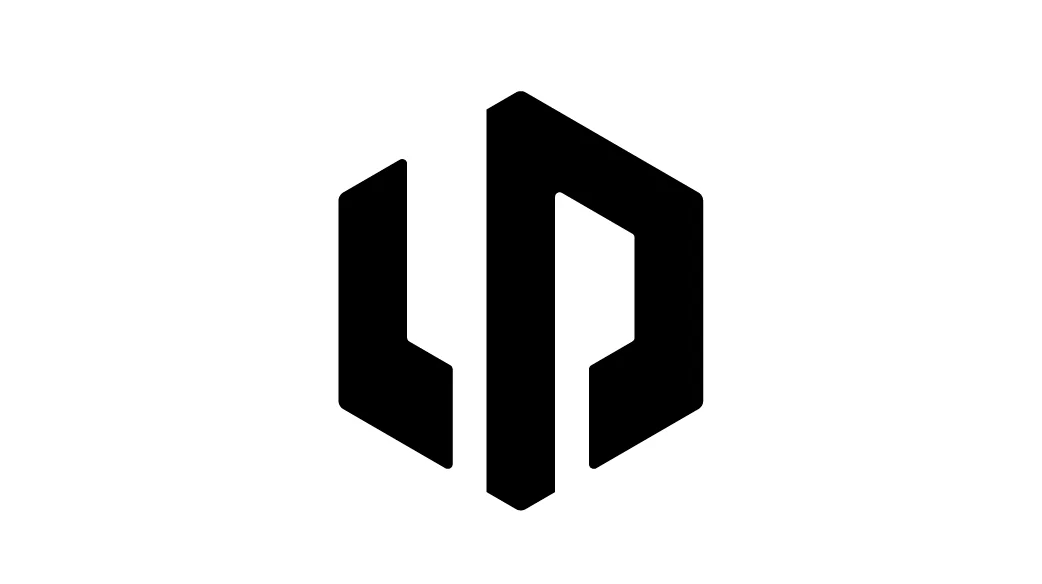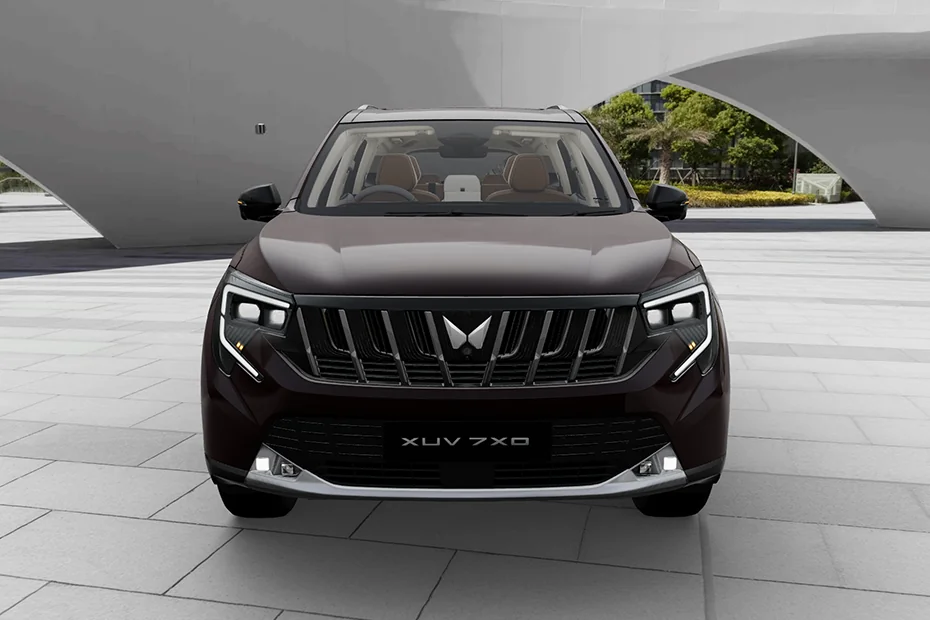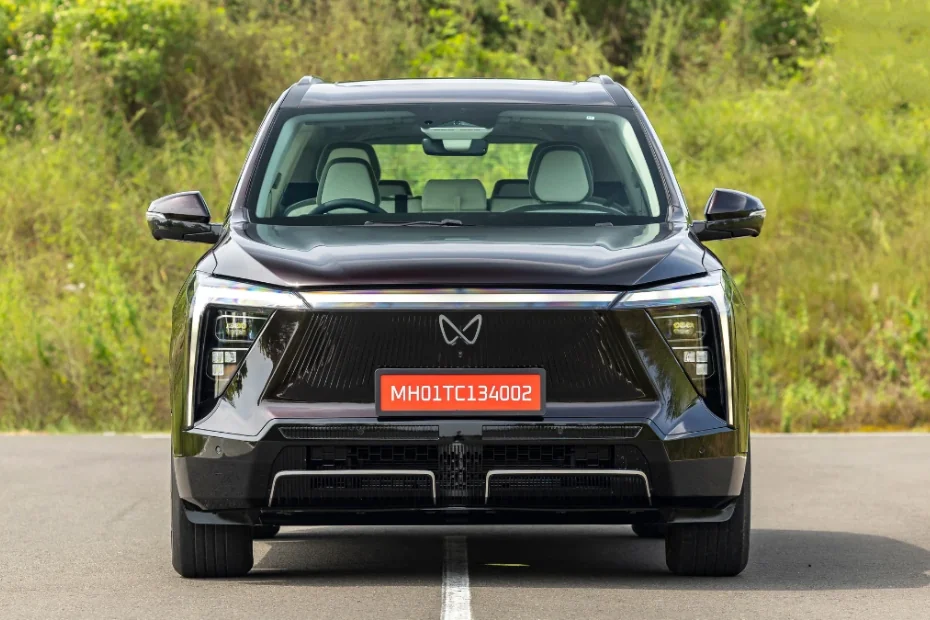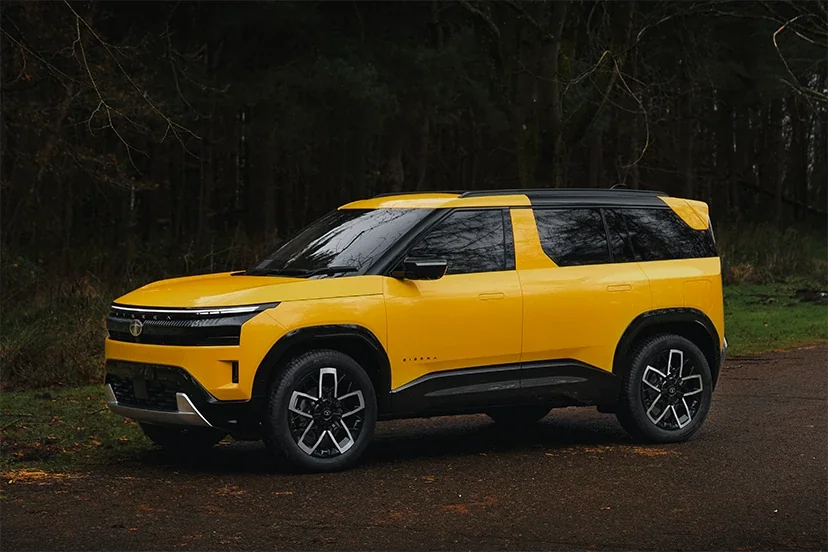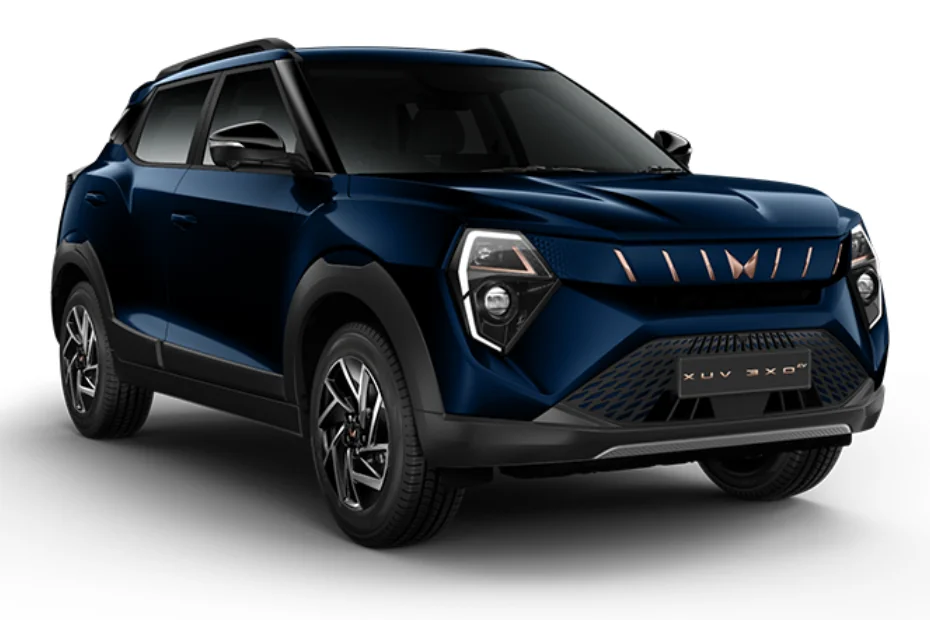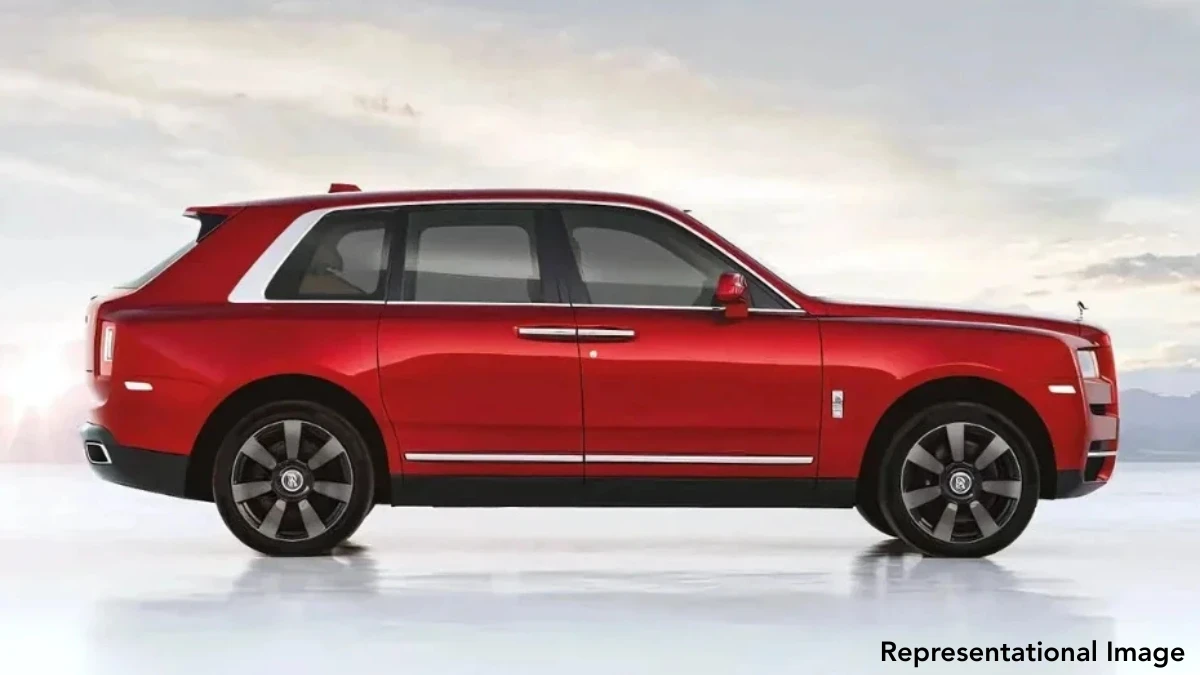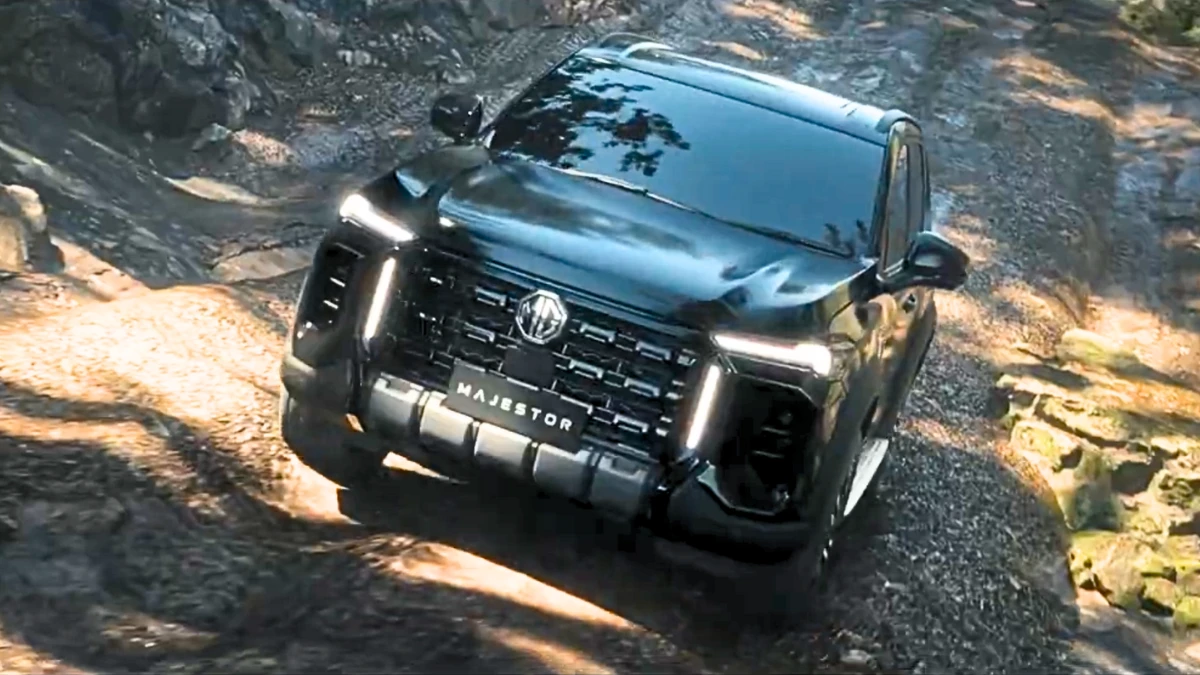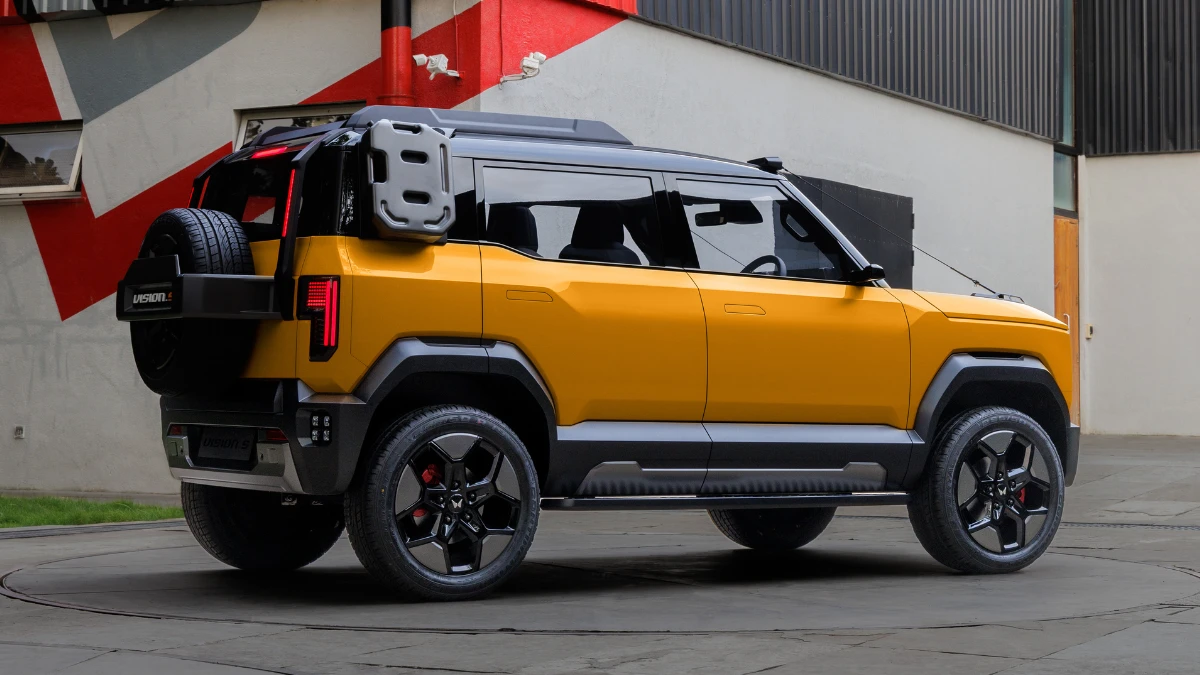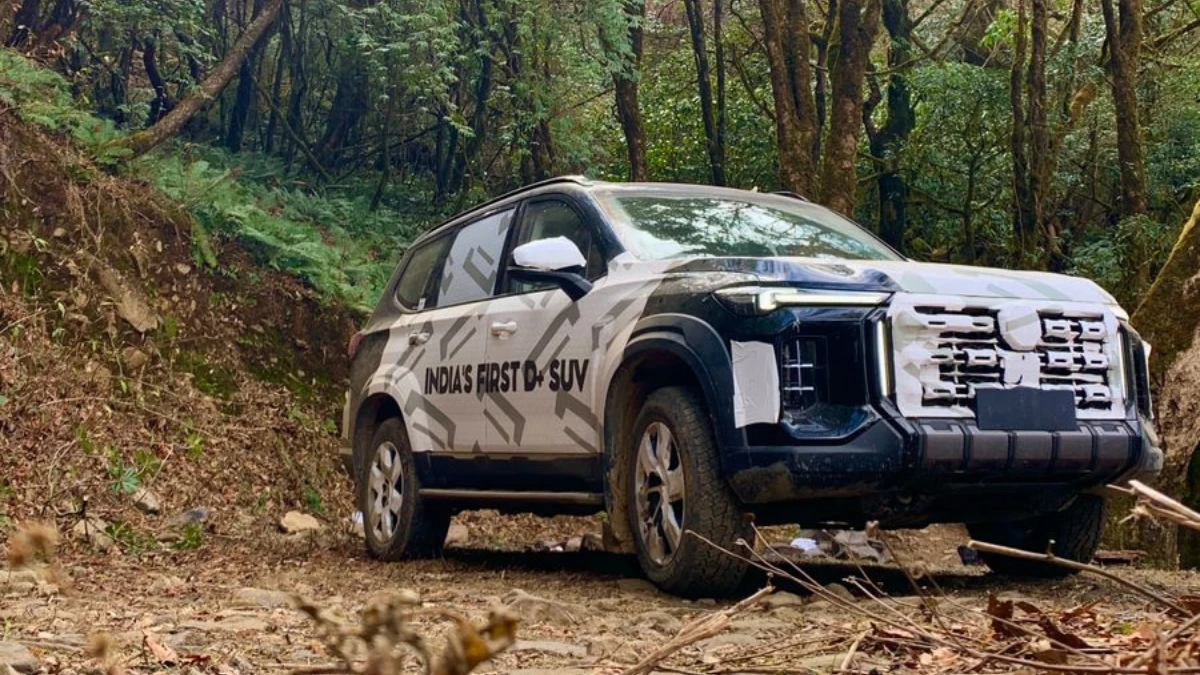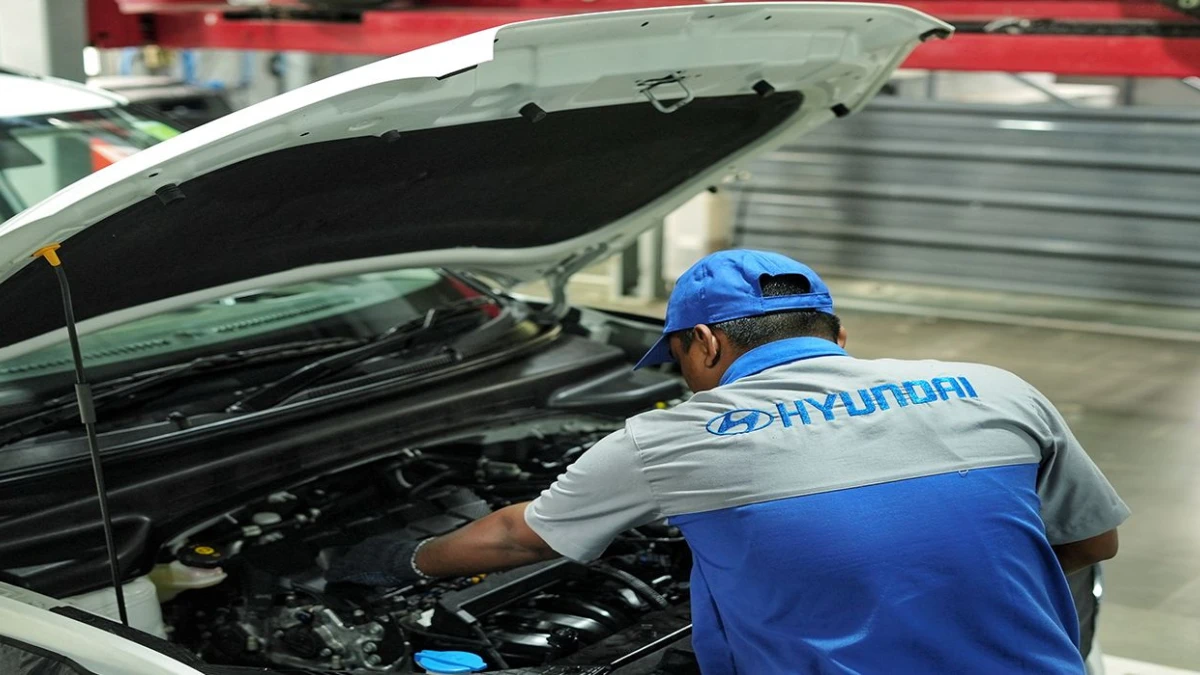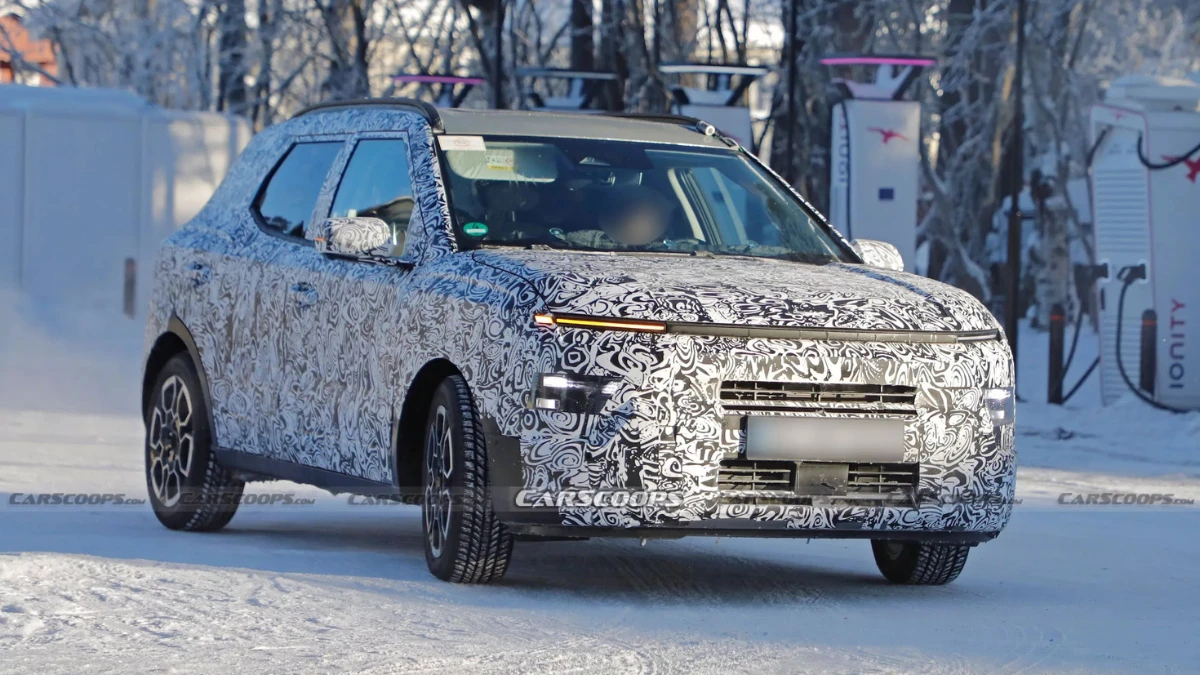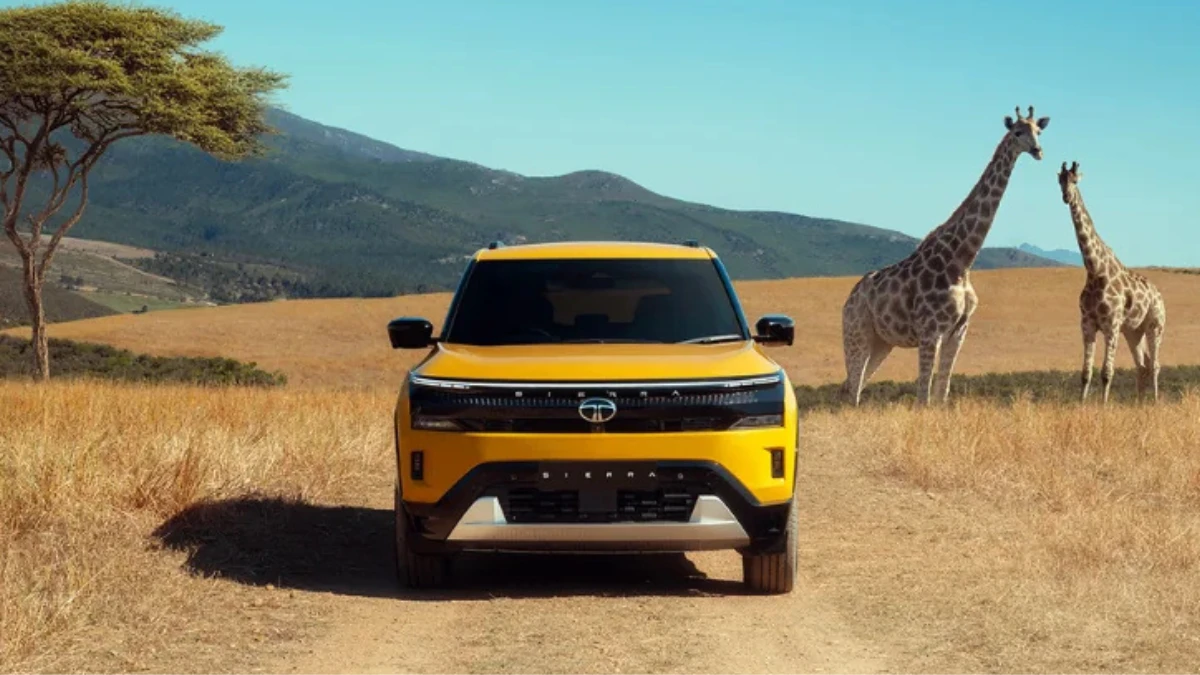
BMW CEO Oliver Zipse has urged the European Union to reconsider its petrol and diesel cars' ban plan by 2035. He stated that by allowing alternative technologies, Europe can reduce its dependency on China for EV batteries. The EU’s plans “are no longer realistic” and that subsidies for electric vehicles are “unsustainable”, he added.
Zipse made these comments at the Paris Motor Show 2024, emphasising the need for flexibility in the types of vehicles allowed, including those powered by e-fuels, biofuels and hydrogen.
Zipse's main concern is that Europe might fall behind in the global auto market if it sticks strictly to EVs. China is currently a leader in battery production and relying too much on them could hurt Europe's automotive industry. This is why BMW, along with other carmakers like Volkswagen and Renault, is asking for more time and options, instead of being forced to switch completely to electric cars by 2035.
EV sales in Europe have not been as strong as expected, with high prices and a lack of charging infrastructure being major challenges. In countries like Germany, subsidies for EV buyers have been reduced, which has also slowed down the shift to electric cars.
Why it matters for India?
Zipse’s call for flexibility is also relevant to India. While India is making strides in electric vehicles, the market is still heavily reliant on petrol and diesel cars. The shift to EVs here is slower due to high costs, limited infrastructure and battery supply challenges. India, like Europe, depends heavily on China for batteries, so diversifying the types of clean vehicles, like hydrogen or biofuel-powered cars, could offer a solution.
The discovery of 5.9 million tonnes of lithium reserves in Jammu and Kashmir is a game-changer for India's clean energy ambitions. Lithium is a critical component in electric vehicle batteries, and having domestic reserves will reduce India’s reliance on imports. This is vital for achieving the country’s EV goals and net-zero emissions target by 2070. However, challenges such as refining capacity, environmental concerns, and the sensitive political landscape in the region must be addressed. If managed well, these reserves could position India as a major player in the global green energy market while boosting the local economy.
In conclusion, BMW’s plea to rethink the petrol engine ban isn’t just about Europe; it reflects broader global concerns about the future of the automotive industry. As India navigates its journey toward cleaner transportation, these decisions could impact the direction the country takes.
Also, read Toyota ‘mini Fortuner’ to get multiple powertrains
About Author
Uday Singh is a dynamic automotive journalist known for his concise yet comprehensive writing style and profound understanding of the industry. His passion for motoring has led him to quickly become a respected voice in automotive circles, offering insightful reviews and analyses that resonate with enthusiasts and industry insiders.
Top Car Brands in India
Top Car Brands in India
Trending Car News in India
Trending Cars in India
Trusted Dealer
All Over India
Irresistible Offers
Stay Updated, Pay Less
Compare Cars
Choose the Right Car
Easy Finance
Multiple Finance Options

Monday - Saturday
10:00am - 6:30pm
+91 7947722777, +91 7479000444, +91 9311718549
contact@carlelo.com







